O.K. friends, thank you for your advice (and do not be shy to continue giving me your feedback)!
I have reloaded the game and manipulated the situation in the west so that Pontos was restituted to her former holdings in Asia Minor, Pahlava,AS and Hayasdan got the Mesopotamia, Sophene and Assyria, and I helped Saba to get Petra, Bostra and Palmyra. Ptolemaioi are still a juggernaut though.
I have introduced a new House rule to restrict myself: elephants may not be charged specifically against cataphracts and should not perform complex manouevres in the battle (I guess that in real-life it would be next to impossible to steer a herd of elephants in the heat of battle as easily as, say, horses).
This is not a standard update. I just want to share with you a few screenshots from one particularly nice battle before the reload. Therefore nothing of that actually happened in my story, which will continue from where it ended last time, i.e. conquest of Margiane.
Hope you liked this! "Real" continuation of Arshakou Polemos coming soon...










 Reply With Quote
Reply With Quote
 <-- My "From Basileion to Arche - A Makedonian AAR" Memorial Balloon.
<-- My "From Basileion to Arche - A Makedonian AAR" Memorial Balloon. 




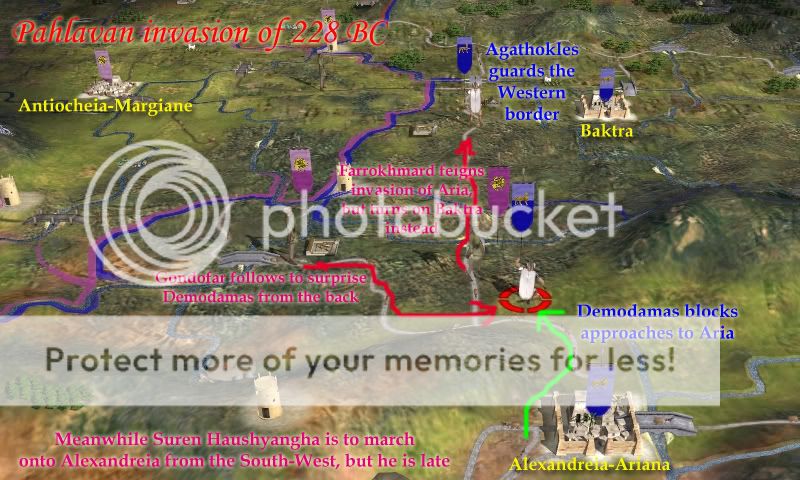
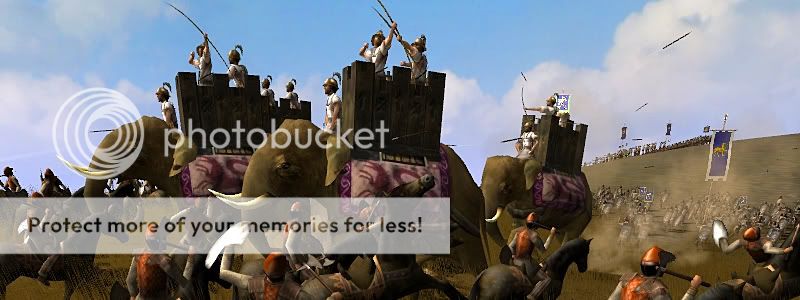
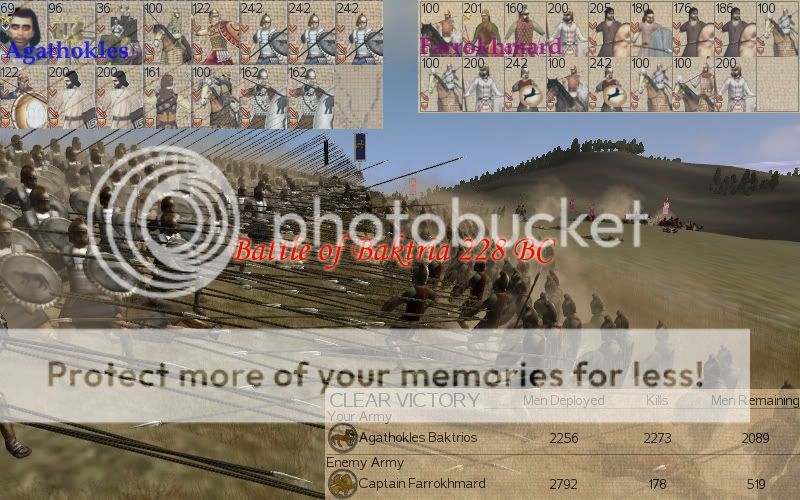
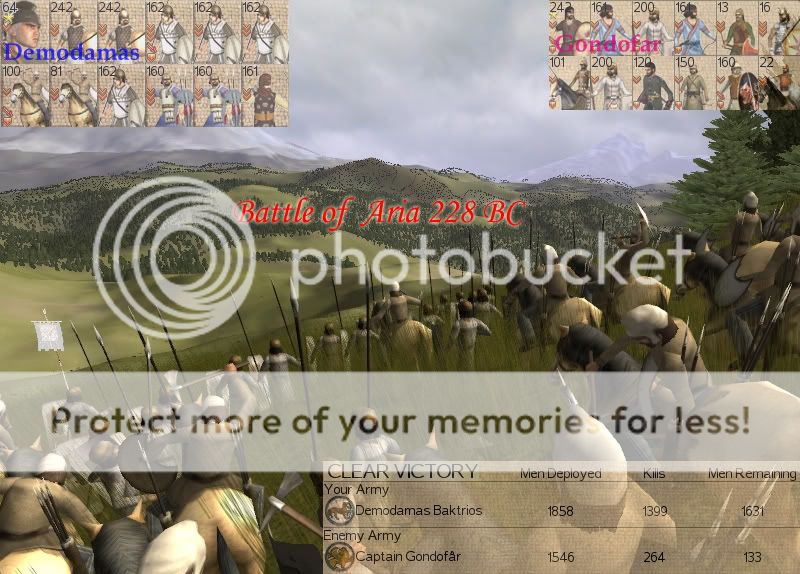
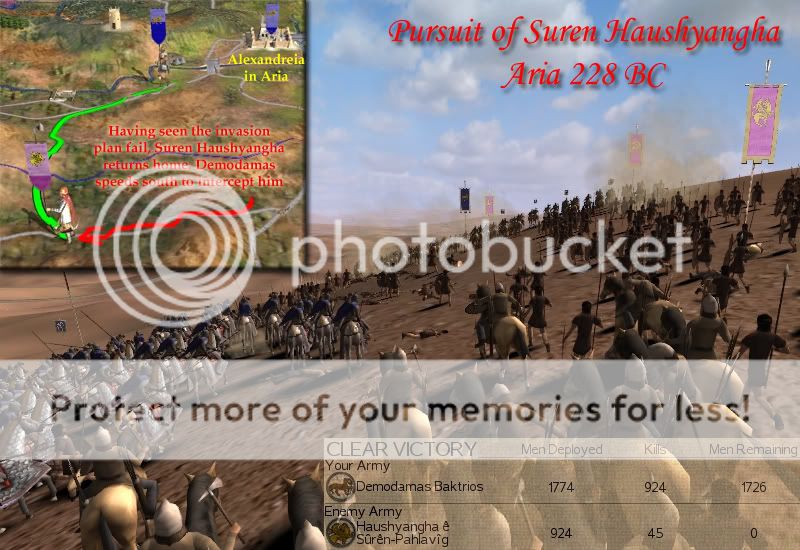
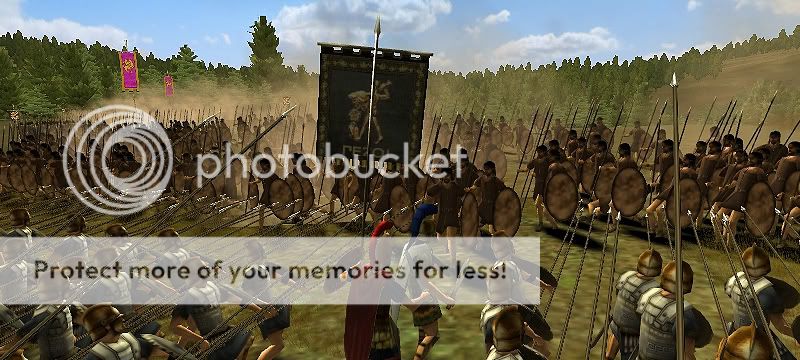
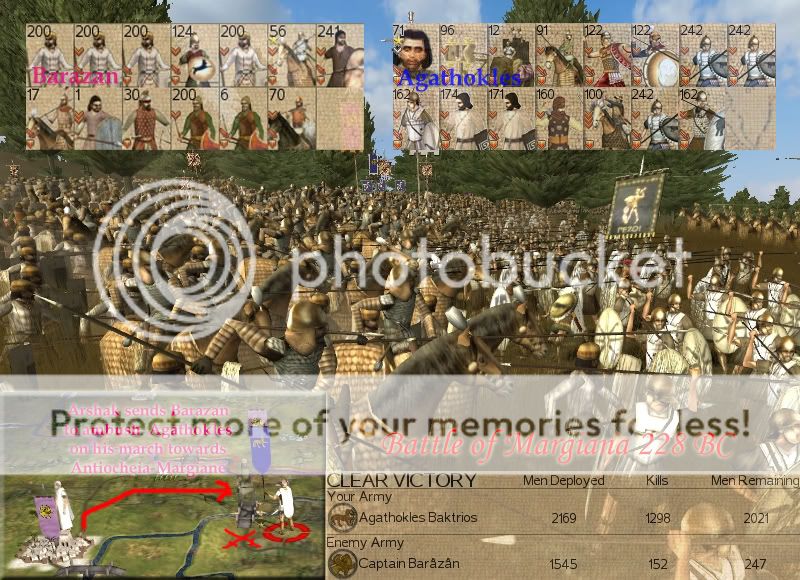


 .
.
 --> -
--> - 
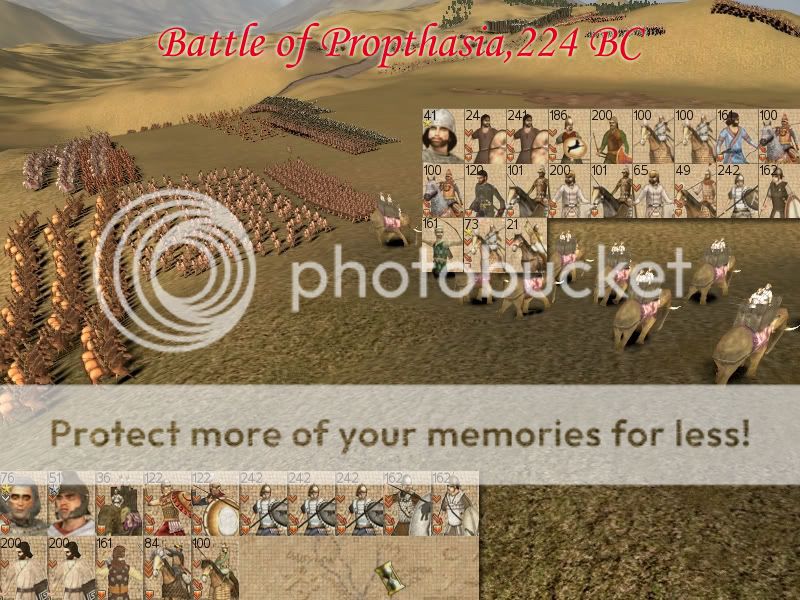
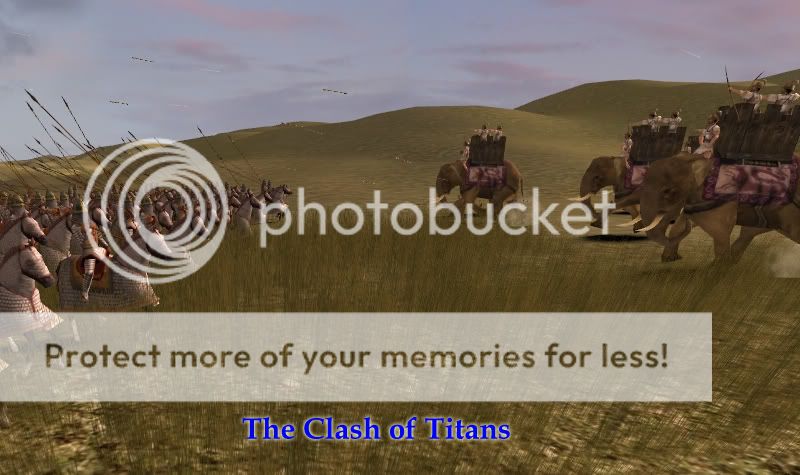
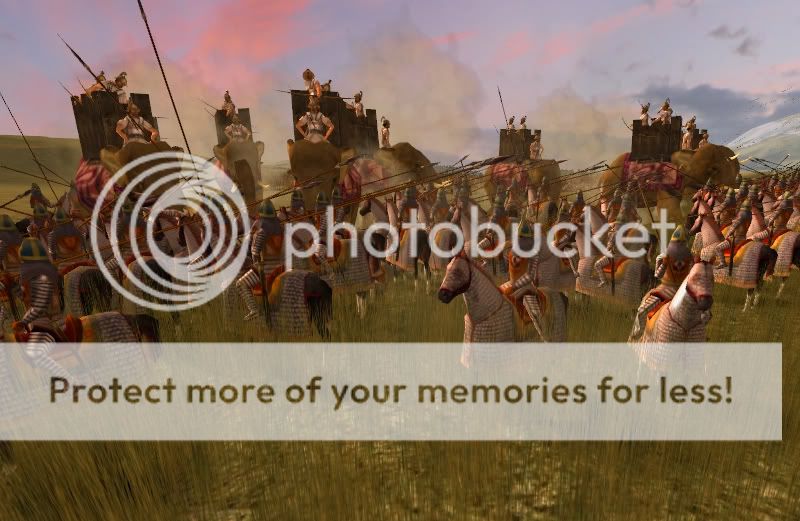
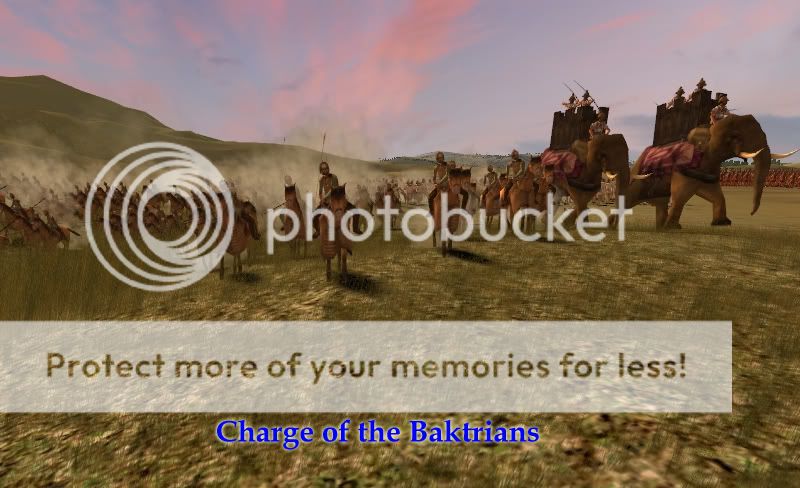
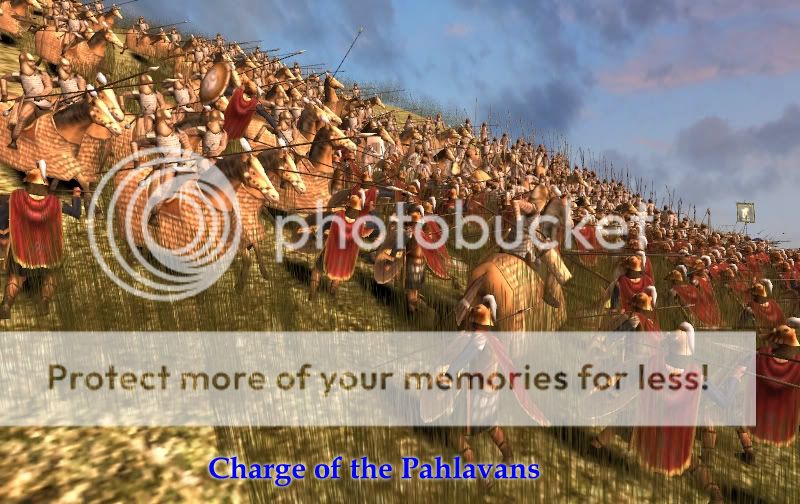





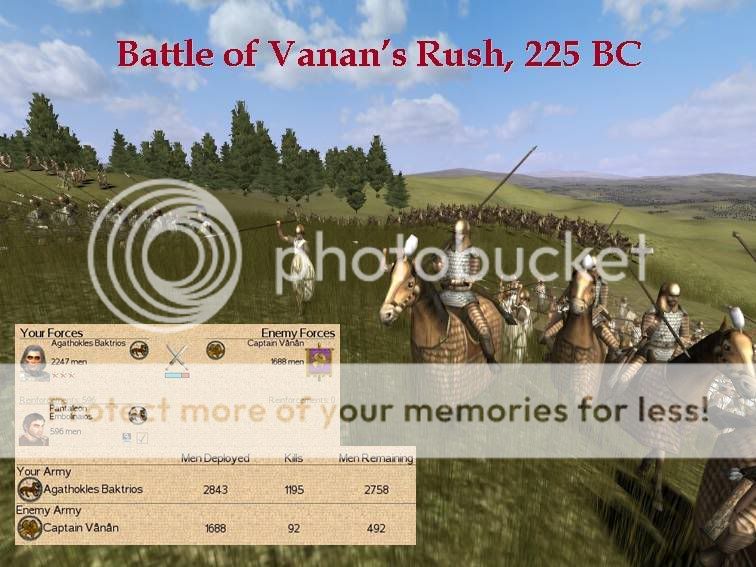
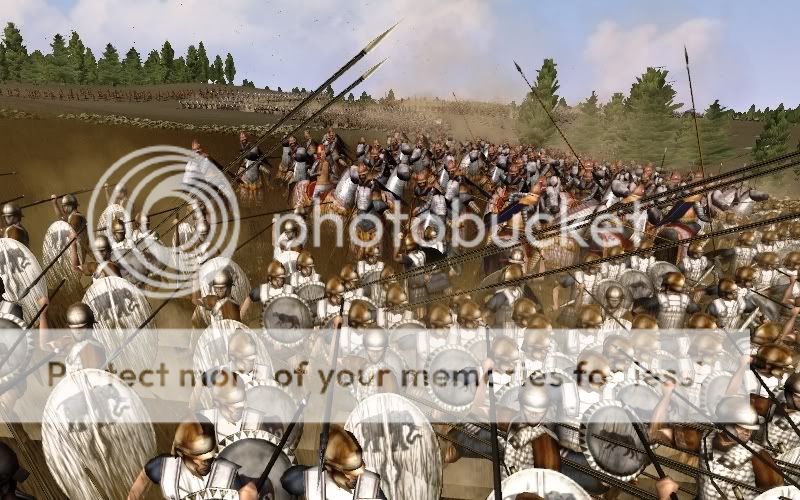
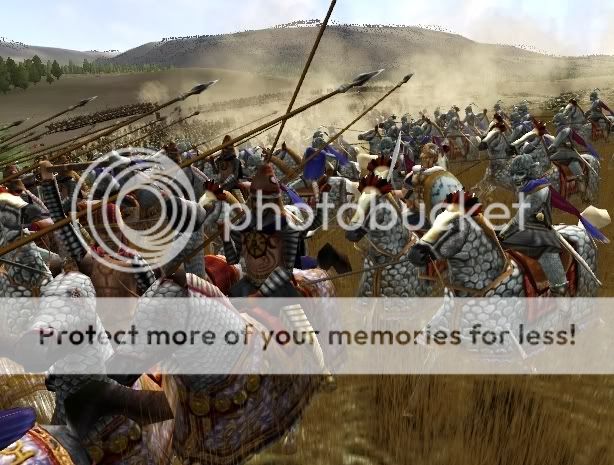
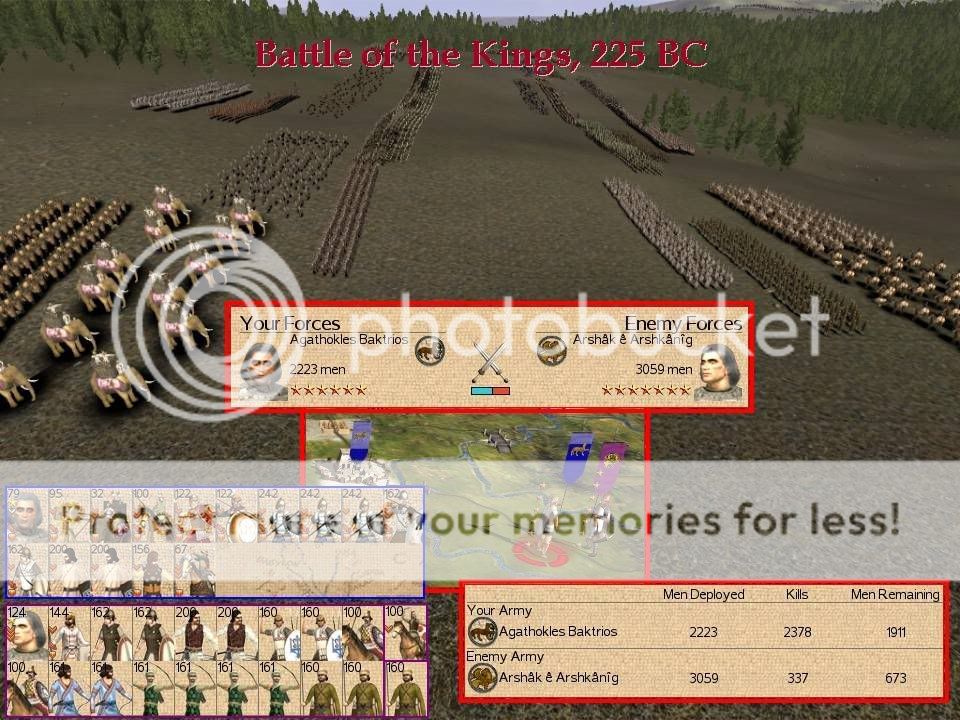
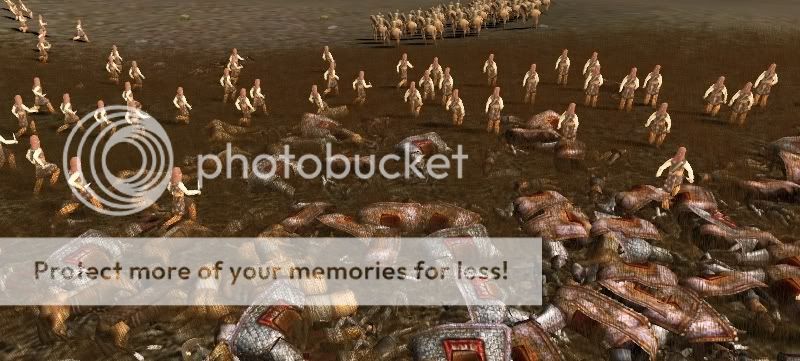


 3x
3x




 . Good Luck with RL.
. Good Luck with RL.

Bookmarks